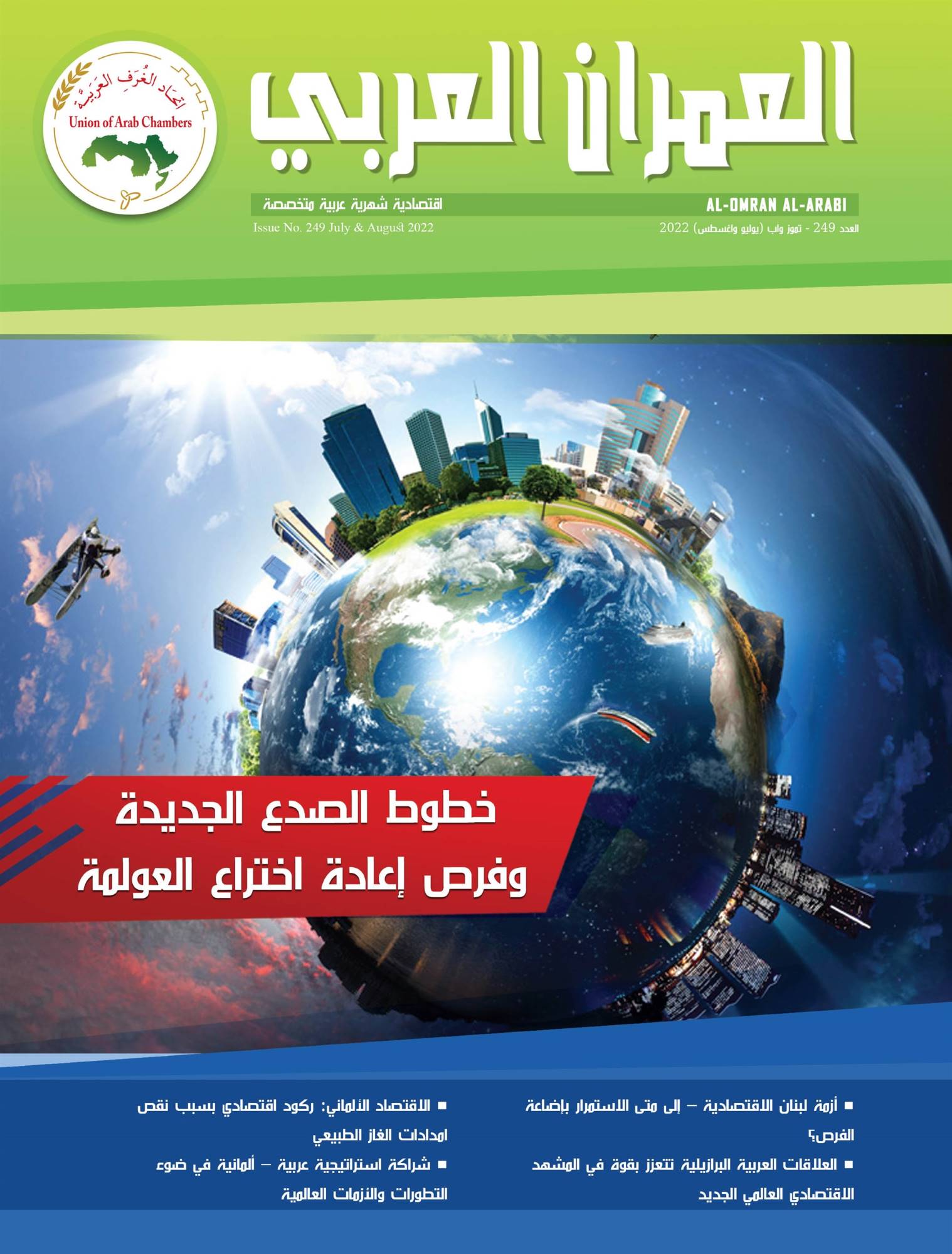
Europe and the Impact of Gas Supply Risks on the Economy
Russia's invasion of Ukraine has further darkened the prospects for global growth, particularly the European economy as Europe's economy faces a serious setback due to its trade, investment, and financial ties with the two warring countries. Europe is currently suffering from a partial interruption of natural gas exports from Russia, its largest energy supplier. The prospect of an unprecedented complete shutdown raises concerns about gas shortages, persistent price hikes, and economic impacts. Although policymakers act quickly, they lack a plan to manage and reduce the impact, with some of the most affected countries in Central and Eastern Europe – Hungary, the Slovak Republic, and the Czech Republic – as these countries face the risk of supply shortages of up to 40 percent of gas consumption, and an overall contraction GDP by up to 6 percent. However, these impacts can be mitigated by securing alternative energy supplies and sources, easing infrastructure bottlenecks, and encouraging energy savings, while protecting vulnerable households and expanding solidarity agreements to share gas between countries.
European infrastructure and global supplies have so far managed to cope with a 60 percent drop in gas deliveries since June 2021. Total consumption in the first quarter decreased by 9 percent from the previous year, and alternative supplies, especially liquefied natural gas, are being used from global markets. International Monetary Fund research indicates that it is possible to deal with a 70 percent decrease in Russian gas supplies in the short term through supplies and alternative energy sources, and in light of the decline in demand before that as a result of high prices.
This explains the ability of some countries to unilaterally stop Russian imports. However, diversifying the sources will be much more difficult in the case of a complete moratorium. Bottlenecks can limit the ability to divert gas within Europe due to insufficient import capacity or transportation obstacles. These factors lead to a decrease of between 15 and 40 percent of annual consumption in some Central and Eastern European countries. But if EU markets remain unified, both internally and with the rest of the world, the global LNG market will help mitigate the economic impacts. This is because the reduction in consumption is distributed to all countries connected to the world market. On the contrary, assuming no LNG supply subsidy, the effect is magnified, so high gas prices would have to act only through their dampening effect on EU consumption.
If there are physical restrictions impeding gas flows, the fragmented market approach indicates that the negative impact on economic output will be very large, as high as 6% for some countries in Central and Eastern Europe where Russian gas is used very intensively and alternative supplies are scarce, especially in Hungary, the Slovak Republic and the Czech Republic. Italy will also face major impacts due to its high level of reliance on gas for electricity production. The effects on Austria and Germany will be less severe but still significant, depending on the availability of alternative sources and the ability to reduce gas consumption by households. The economic effects will be moderate, perhaps less than 1%, for other countries that have sufficient access to international LNG markets.
However, despite this, there is a possibility to mitigate some of the economic repercussions of stopping Russian gas. Beyond the measures already taken, other actions should be taken that focus on risk mitigation and crisis preparedness.
Governments must step up efforts to secure supplies from global markets for LNG and alternative sources, continue to ease infrastructure bottlenecks for gas import and distribution, plan to share supplies across the EU in the event of an emergency, decisive action to encourage energy savings while protecting vulnerable households, and preparedness for smart programs that set gas quotas.
It is the moment for Europe to build on the decisive action and solidarity that has been achieved during the pandemic to deal with the difficult moment it faces today.
